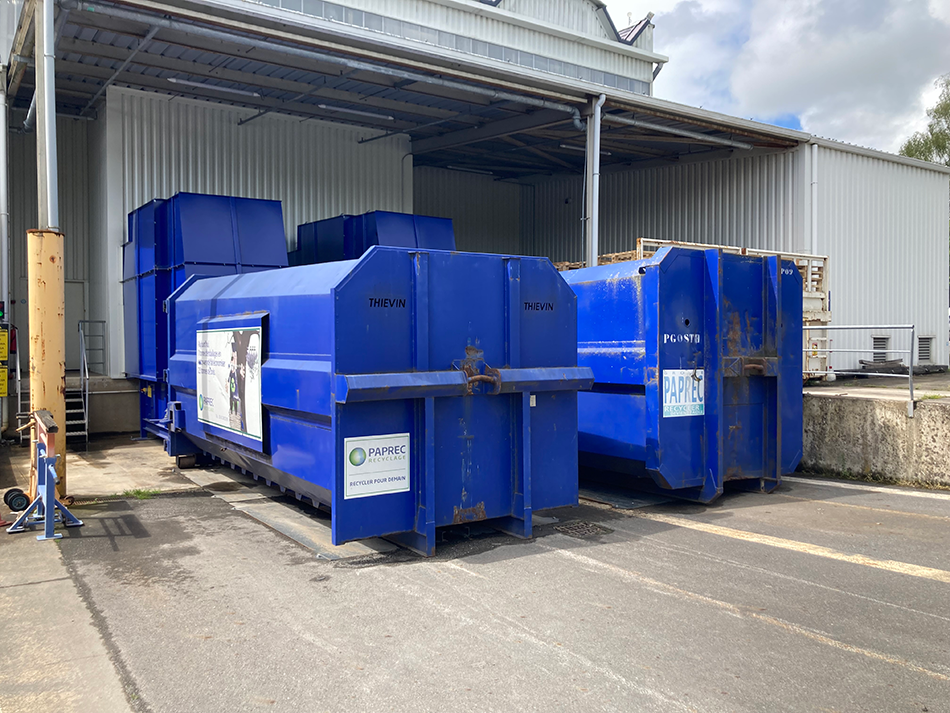Medline Europe Ramps Up Waste Management at Châteaubriant Plant
4 th March 2025

In 2024, Medline Europe recycled 93.7 per cent of the waste generated at its manufacturing plant, based in Châteaubriant, France. Its capacity to recycle 507 tonnes of a total 541 tonnes of waste is a direct result of ongoing efforts to build more robust environmental, social and governance (ESG) credentials at the medical devices manufacturer and distributor.
‘Medline is aware that the healthcare industry is collectively responsible for around five per cent of global net greenhouse gas GHG emissions.¹ For this reason, proper waste management is an important part of our larger efforts to help reduce our sector’s adverse impact on the environment,’ shared Axel Brangeon, EHS Manager & EHS Certification Lead.
Limiting waste at French manufacturing facility
Medline Europe, currently headquartered in Arnhem, Netherlands, has committed to minimising the non-recycled waste generated at its locations across Europe – particularly at its range of manufacturing sites. In France, for example, this is bolstered by strategically designed waste management infrastructure, which features:
- On-site horizontal press and compactors – Through these machineries, Medline can significantly reduce the volume of its main waste streams, including cardboard, plastic, and communal waste. This process allows Medline to accumulate recyclable and non-recyclable waste on-site for more efficient transportation.
- Reduced emissions – By compacting the volume of waste, Medline also reduces the number of trips required for its disposal. This, in turn, lowers the carbon dioxide equivalent (CO2e) emissions associated with transportation.
In addition to this optimised waste management system, Medline International France – Medline Europe’s legal representation in Châteaubriant – recycles e-waste or electronic waste (i.e., appliances and communication devices) and biowaste or biodegradable waste that can be composted (e.g., food waste from its canteen). The combination of these sustainability-driven resources helps the company raise awareness of the value of integrating recycling into its operations amongst employees.
‘As we continue to mature as an organisation, we are especially keen on strengthening our ESG credentials and portfolio, ensuring all our stakeholders – internal and external – can continue to trust our partnership, towards improving healthcare,’ Brangeon concluded.
Reference
‘Health Care Without Harm & Arup. (2019). Health Care’s Climate Footprint.’ Healthcare's climate footprint - Arup



